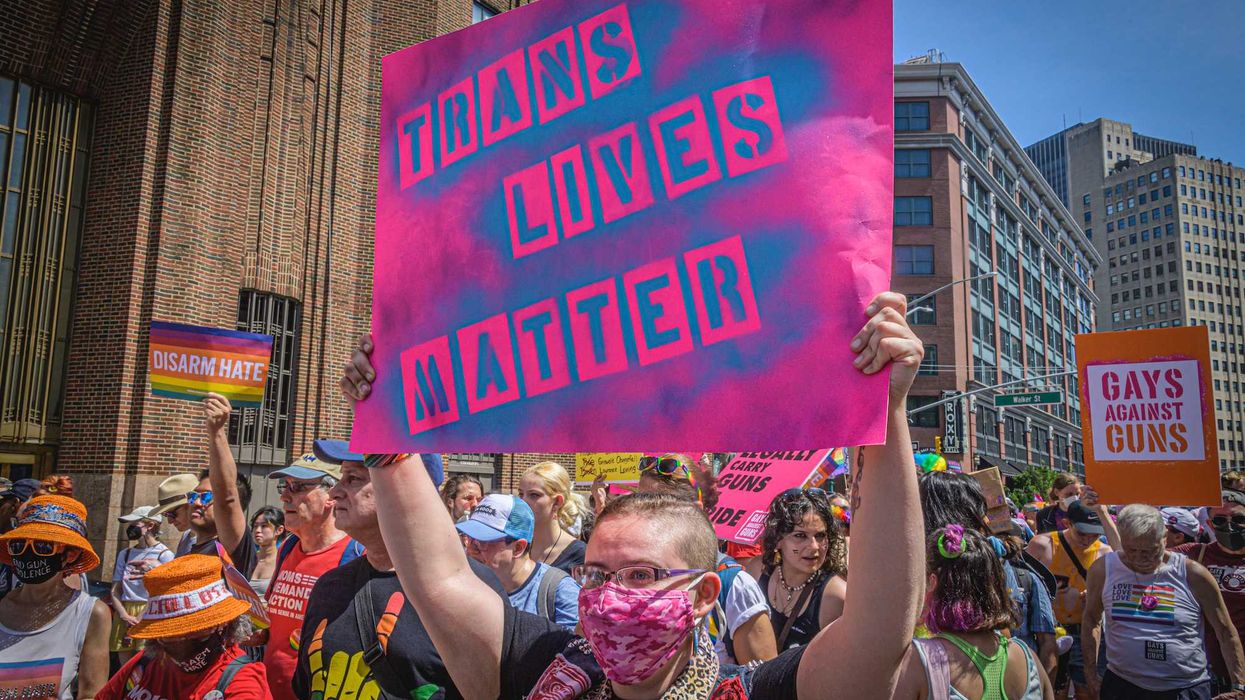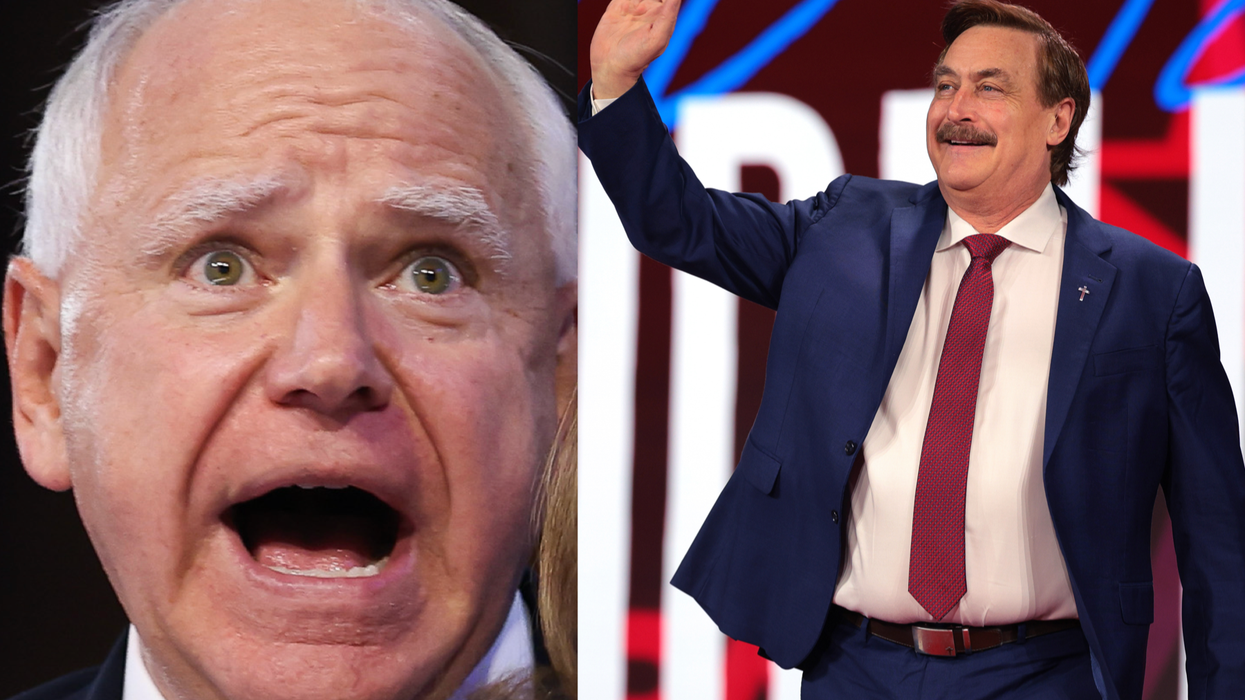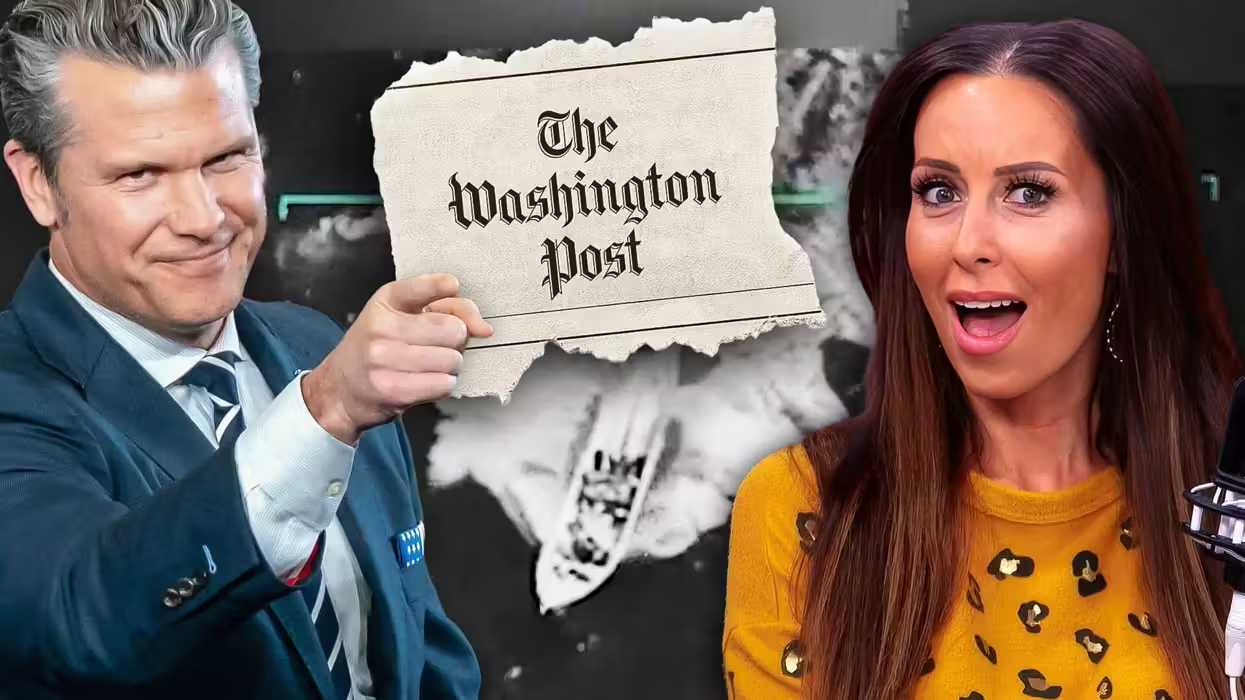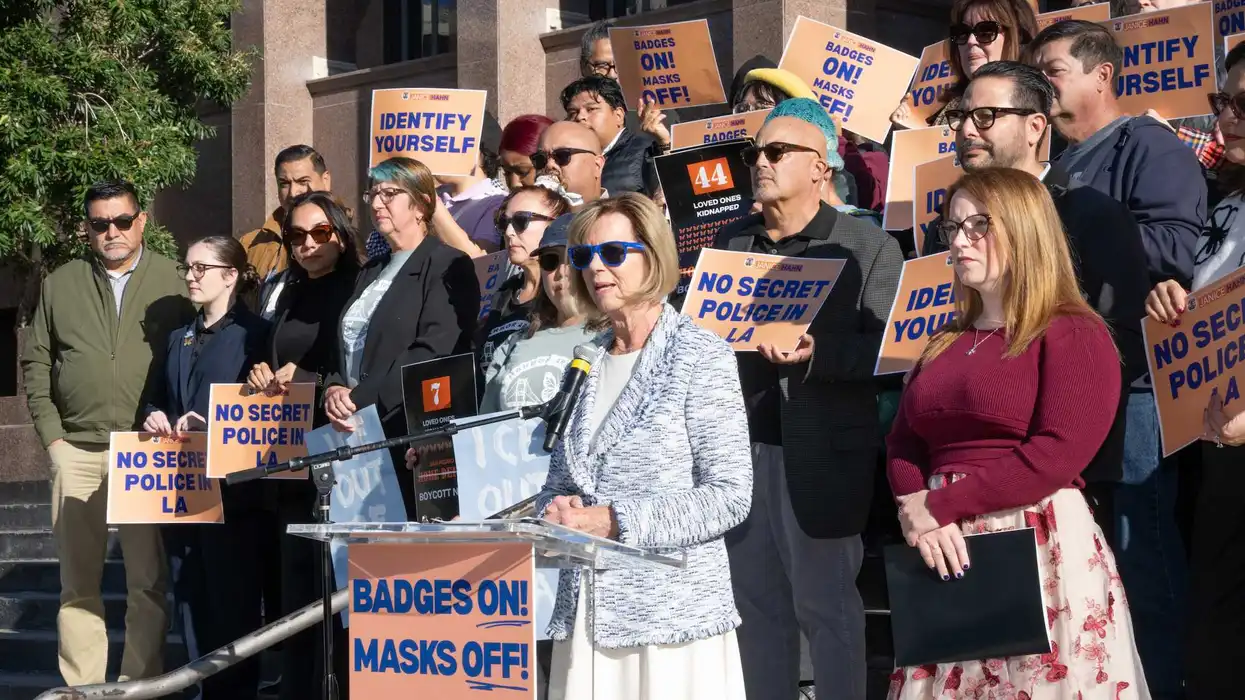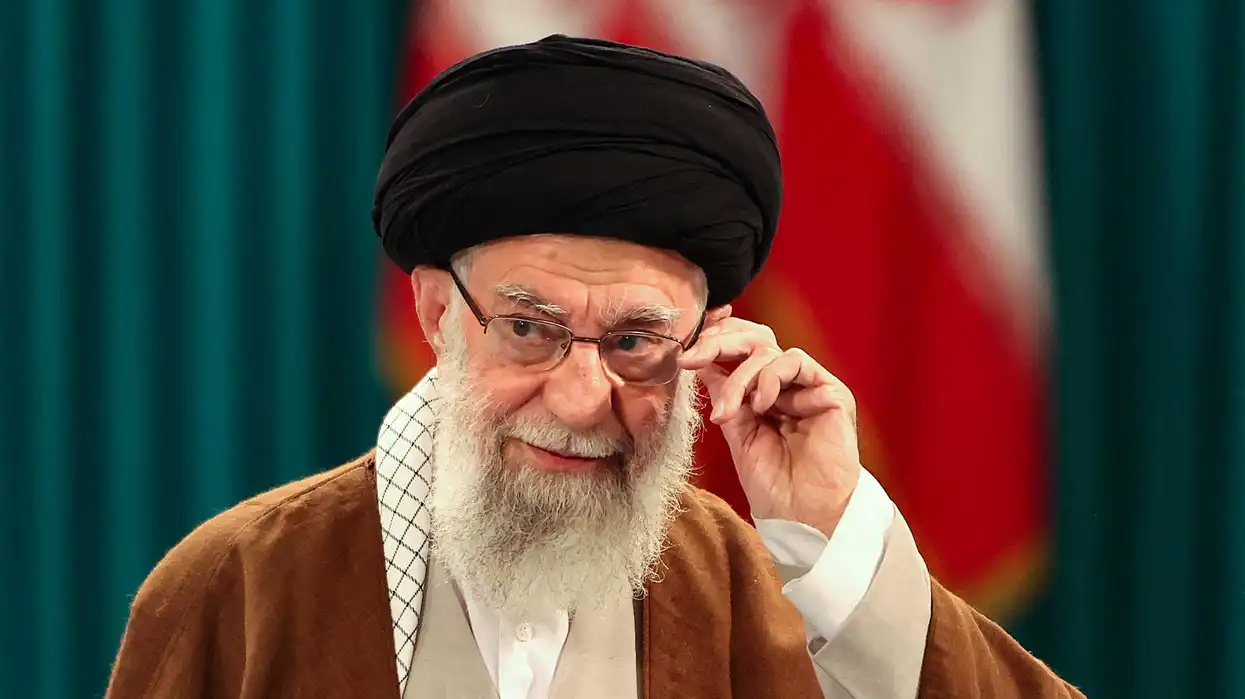Sen. Cory Booker (D-N.J.) announced Thursday that he would be releasing confidential documents related to President Donald Trump's Supreme Court nominee, Brett Kavanaugh, even if it meant being expelled from the Senate for breaking the rules.
However, the lawyer in charge of releasing these documents to the Senate Judiciary Committee said that the ones Booker posted were not actually confidential at all.
What's the background?
One point of contention during the Senate confirmation hearings for Kavanaugh is how many documents pertaining to Kavanaugh's past have been released to the committee and to the public.
Democratic Sens. Richard Blumenthal (Conn.), Amy Klobuchar (Minn.), Kamala Harris (Calif.) and Booker tried to adjourn the meeting on Tuesday as soon as it began, arguing that they were not given enough documents and were not given the time to properly review the documents they did receive. The Democrats on the committee specifically brought up documents related to Kavanaugh's time as White House staff secretary for former-President George W. Bush.
Republicans have argued that these documents in particular are irrelevant to deciding Kavanaugh's qualifications for the Supreme Court and that Democrats are just trying to drag the process out.
Committee member Sen. Mike Lee (R-Utah) noted it was not unusual to keep White House records confidential during such a hearing, and that even former-President William Howard Taft did not turn over all the records from his time as president when he himself was nominated for the Supreme Court.
What happened on Thursday?
On Thursday, Booker said that he took issue with certain documents from Kavanaugh's past being designated as “committee confidential.” He said he thought that the public had a right to know what Kavanaugh had said in these records, and that he saw no good reason to keep them secret.
Booker announced that he planned to publish these documents on his own, even though doing so could potentially result in him getting kicked out of the Senate itself.
“I understand the penalty comes with potential ousting from the Senate,” Booker told his colleagues in the Senate Judiciary Committee. “I openly invite and accept the consequences of my team releasing that email right now.”
Booker said the move was “the closest I'll probably ever have in my life to an ‘I am Spartacus’ moment,” referring the 1960 Kirk Douglas movie based on the life of an infamously rebellious first century B.C. Roman gladiator.
But Bill Burck, the man in charge of releasing the Bush-era documents to the Senate, told a different story. Burck said in a statement:
We cleared the documents last night shortly after Senator Booker’s staff asked us to. We were surprised to learn about Senator Booker’s histrionics this morning because we had already told him he could use the documents publicly.
Burck, who, like Kavanaugh, worked for Bush, is an attorney working on behalf of the former president.
Wall Street Journal reporter Byron Tau tweeted that “lawmakers and aides” from both parties had acknowledged to him that the documents Booker released were not designated confidential at the time he released them. Tau said that when he had confronted Booker about this “[h]e told me I [was] violating the constitution by being in his way.”
Booker, however, told Bloomberg News that his release of the documents was, in fact, a breach of committee rules and that he plans to keep releasing more documents throughout the course of the day.
What did the documents say?
In the first batch of documents that Booker released, Kavanaugh and his then-colleagues were discussing post-Sept. 11 security measures. In one email Kavanaugh refers to the recipient and himself as “the people (such as you and I) who generally favor effective security measures that are race-neutral.”
Although during Thursday's hearing, Sen. John Cornyn (R-Texas) read Booker the rule that stated that releasing the documents could lead to his expulsion. He later told Bloomberg that he would not press the issue because he did not intend to turn Booker into a martyr.


